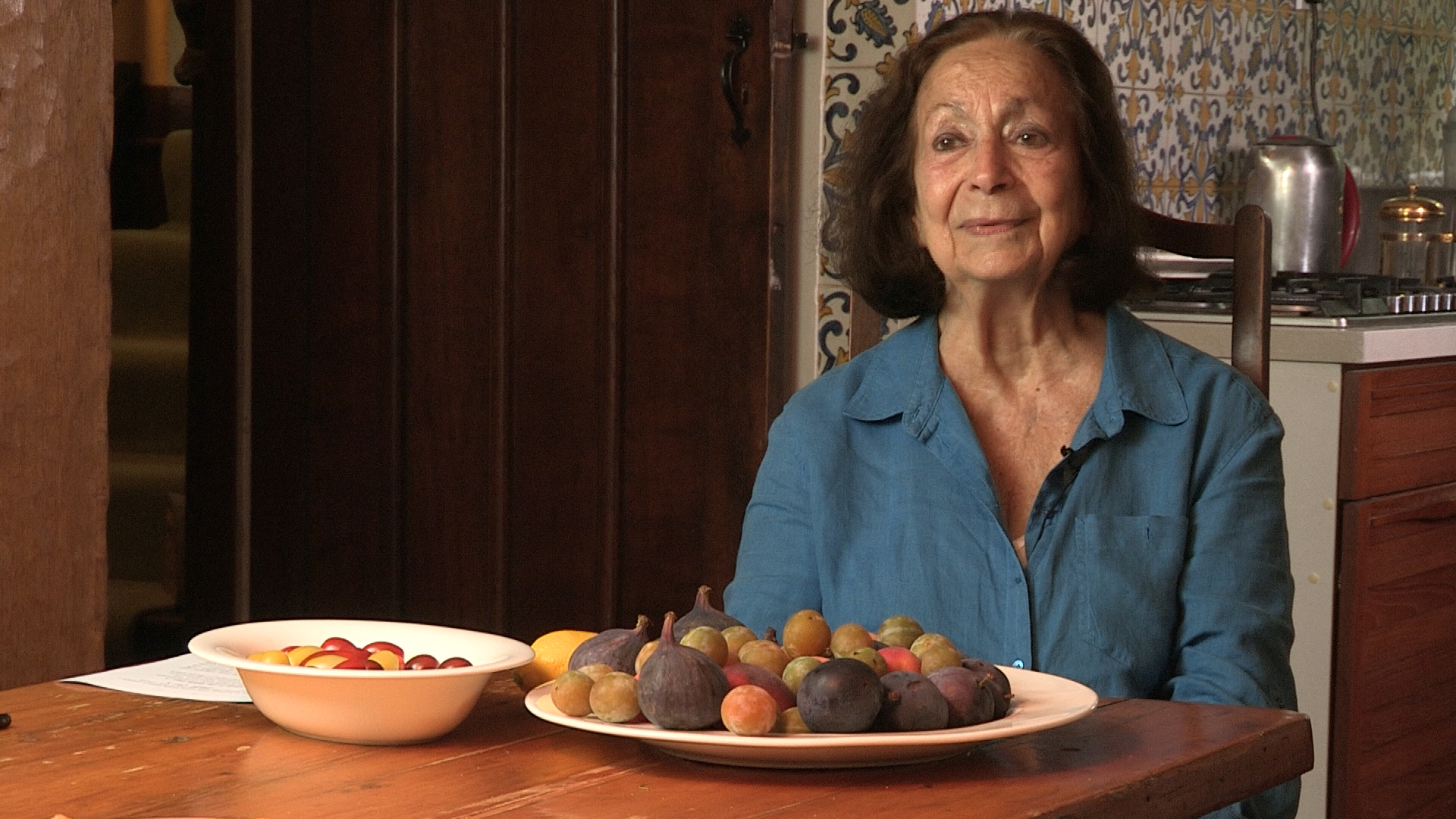NEXT STORY

What you can learn at a museum of marzipan
RELATED STORIES

NEXT STORY

What you can learn at a museum of marzipan
RELATED STORIES


|
Views | Duration | |
|---|---|---|---|
| 81. Aristocratic recipes | 04:36 | ||
| 82. What did the aristocracy eat? | 03:15 | ||
| 83. The Hay Festival Alhambra | 03:22 | ||
| 84. Manolo El Sereno | 03:00 | ||
| 85. Michael Joseph | 02:51 | ||
| 86. One cumin seed can tell you the history | 02:37 | ||
| 87. Cultural influences on food | 03:37 | ||
| 88. What you can learn at a museum of marzipan | 02:50 | ||
| 89. Learning how to make cooking better | 04:32 | ||
| 90. Alicia Rios and other food writers | 1 | 03:43 |


I would often tell people, I'm not only asking for recipes, but what do you know of the history of the food. I wouldn't ask them what they knew, but I said, 'I am writing about the history of the food as well'. And I realise that it's a very, very touchy subject. Because the whole subject of the history of Spain is touchy. Because for centuries, they tried to forget their history. Or rather deny it. They were saying, 'Yes, we took our country back and nothing of Arab or Jewish anything stayed. We got rid of it all'. And then they would say, 'Why don't you go...' – one of them told me, 'Why don't you go to Segovia. You'll see that Roman bridge'. And the Romans built things. It's not the Mosque of Cordoba. It's not the... all the Arab things you see in architecture. And in food, no, it was the Romans who we got everything from, the basic culture. Even the basic culture of food, yes, they got their olive oil, their bread, and their wine. But hardly anything else. Except some people said, this is Phoenician. They preferred that the Phoenicians had brought something, rather than the Jews and the Arabs. The Phoenicians had brought salt pans and you could go to the salt pans. I went. And they got this way of making salt, cooking fish in a salt case, baking it in salt. A huge crust of salt. People in Sicily said it was Phoenicians as well who did their fish baked in salt. But there were people who said it was the Visigoth who brought... actually many of the ways of cooking pig. And yes, the Visigoth were big pig breeders, and it was the Visigoth who started Christianity. And who victimised the Jews.
And so, the Jews, because they had been victimised, they helped the Muslims when the Muslims came in big waves, conquering. And they then became a kind of symbiotic, symbiosis with the Muslims. And it was a golden, a type of golden age when Jews, Muslims and Christians lived together. A lot of Christians converted to Islam. But Muslims never oblige people to become Muslim. They just charge them a lot of money, as infidels who are living with them. But the Jews did not convert. At one stage the Muslims tried to convert them in the south and they moved north.
Claudia Roden (b. 1936) is an Egyptian-born British cookbook writer and cultural anthropologist of Sephardi/Mizrahi descent. She is best known as the author of Middle Eastern cookbooks including A Book of Middle Eastern Food, The New Book of Middle Eastern Food and The Book of Jewish Food.
Title: Cultural influences on food
Listeners: Nelly Wolman
Claudia Roden talking to her granddaughter Nelly Wolman about her life in food.
Tags: Spain, Segovia
Duration: 3 minutes, 37 seconds
Date story recorded: September 2022
Date story went live: 04 December 2023